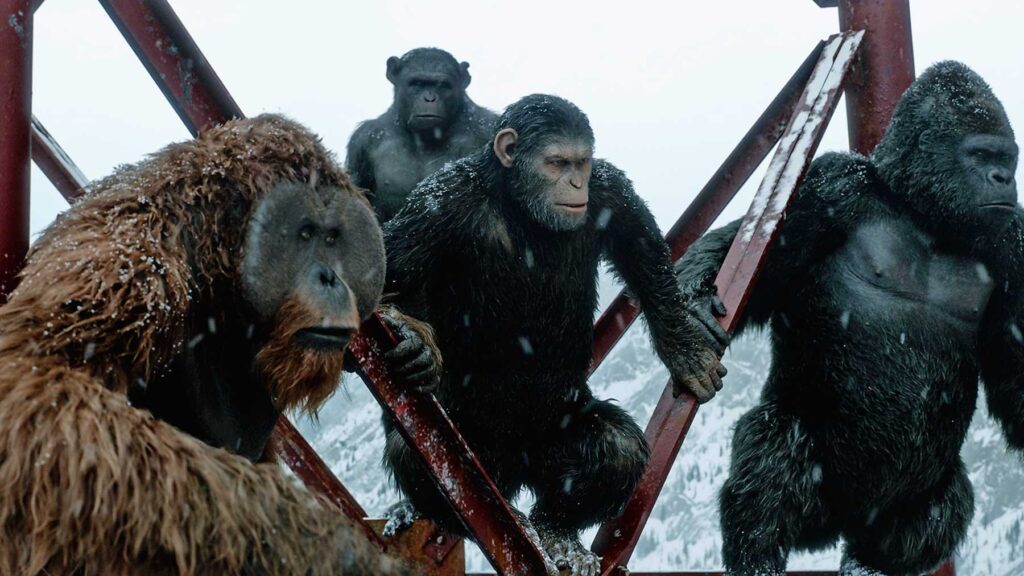“Of course, you know this means war!” – Groucho Marx, A Night At The Opera, 1935

I don’t particularly love war films as a genre. I find most of them to be either overly sentimental, propagandist, violently exploitative, or just racist. For me the first really good and also fascinating war film is Abel Gance’s J’Accuse (1919). The other war films (I’m finding this genre label a bit too loose and not very helpful) that have expressed anything of merit have all appeared to have taken something from Gance, even if it is just a shared impulse. The “good” war films, in my opinion, all cherish human life with a capacity that a blockbuster production is incapable of while also posing questions regarding the necessity of violence and the nature of violence as spectacle. The more popular route has always been more propagandist and celebratory of the machismo of war while simultaneously pushing the political agenda of a current regime. That’s precisely why masterpieces such as Chris Marker’s omnibus film Far From Vietnam (1967), Miklós Jancsó’s The Red And The White (1967) and Elem Klimov’s Come & See (1984) remain elusive to most American audiences during a time when they are, perhaps, needed the most. But playing in cinemas today are two films who navigate these concerns with war in different ways that make them as illuminating with regards to their subject while also functioning as a sort of litmus test for the ideologies of this moment in time. The films are War For The Planet Of The Apes and Dunkirk.
Matt Reeves’ War For The Planet Of The Apes (2017) represents a pastiche that apes (pun intended) from such distinguished and diverse films as John Sturges’ The Great Escape (1963), Francis Ford Coppola’s Apocalypse Now (1979), and Sam Fuller’s The Steel Helmet (1951) to cite only the most obvious examples. The culmination of these narrative elements having been reappropriated and strewn together in a patchwork is not necessarily that interesting in so far as imbuing a new degree of emotional response to familiar stimuli, but rather in War For The Planet Of The Apes’ capacity to examine the principles of these narrative tropes that have allowed them to work in different iterations over many decades by simply rearranging and aligning them within a linear narrative construct. Ironically, the detachment required by such an investigation derives from the computer generated apes themselves (they represent a different though just as plastic and campy manifestation as the costumes worn by actors during the original franchise from the late sixties into the seventies).
War For The Planet Of The Apes exists in a kind of limbo in American mainstream cinema. This represents an alternative reading of War For The Planet Of The Apes. Reeves has still delivered an overwhelming spectacle of violence, so it isn’t very likely that many viewers will be watching the film for its subtle genre deconstruction. Due to its blockbuster status, critical discourse around War For The Planet Of The Apes will be miniscule while audiences will not likely feel encouraged to enter into an analytical dialogue with the film. War For The Planet Of The Apes, as campy as it is, successfully straddles the line which is so sacred in American cinema; the one between art and entertainment (intellectual vs. spectacle). The problem here is that there shouldn’t be any division.
This piece was first published in the Fall of 2017.
